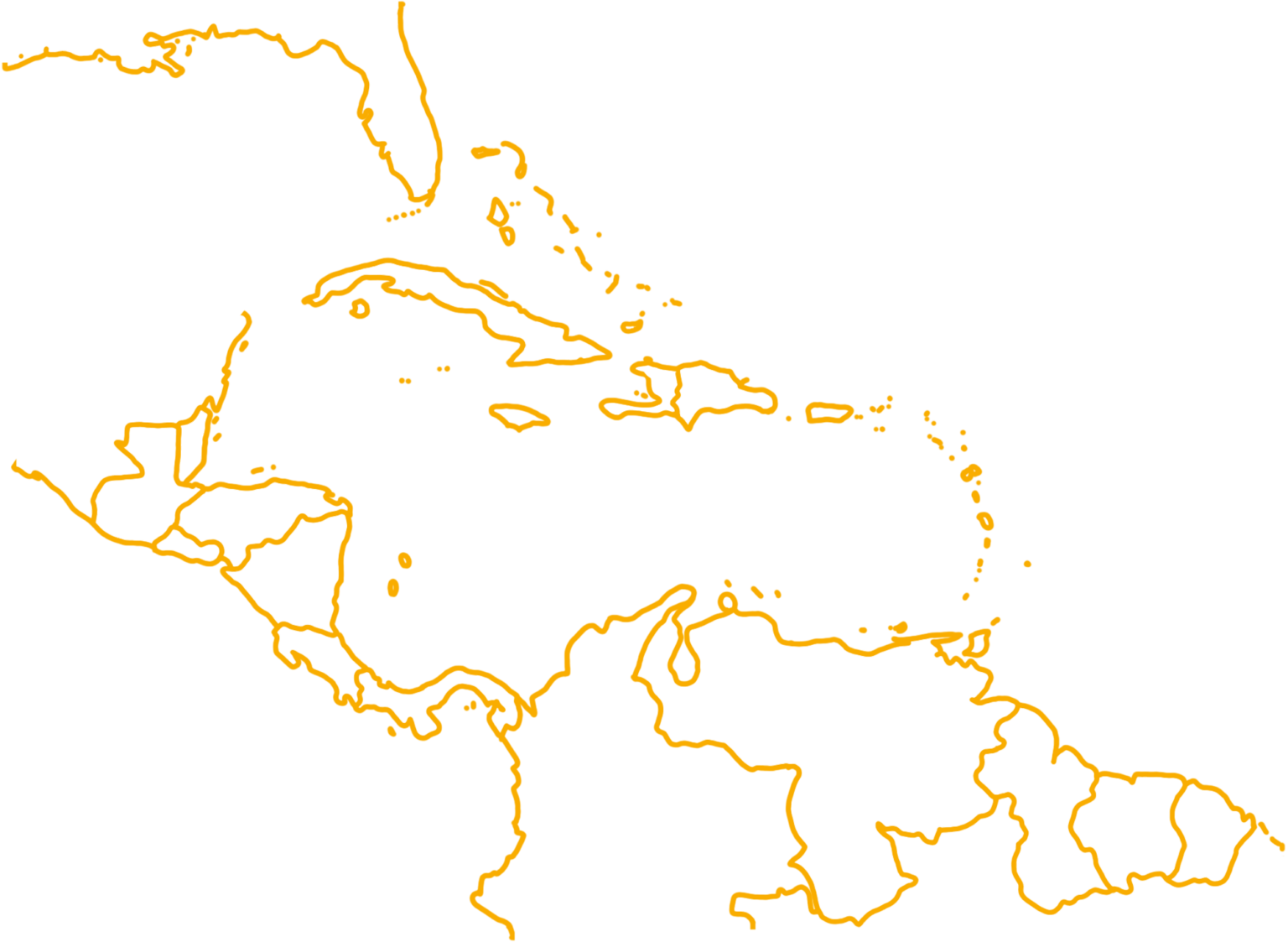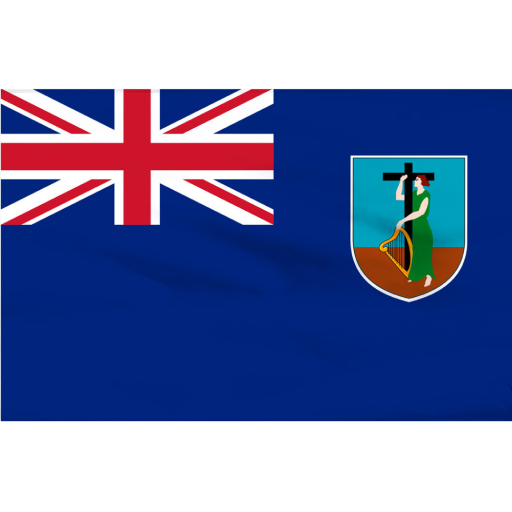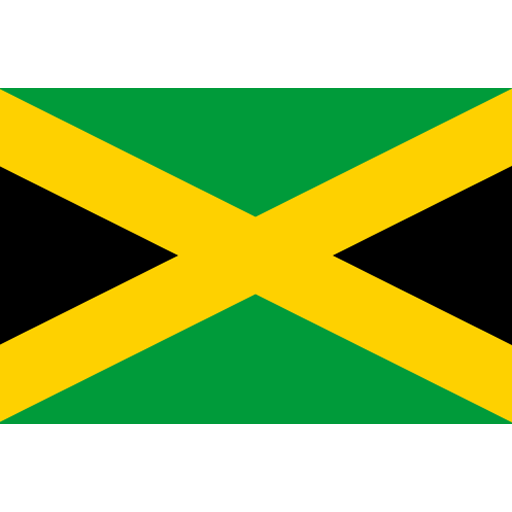Menu
Close
Displacement of farmers in the Caribbean have exacerbated food insecurity in the region. Land prioritized for resource extraction (often by foreign investors), tourism, and other forms of ‘development’, disregarding local rights and environmental concerns. This displaces communities reliant on farming and undermines domestic food production, increasing dependence on costly imports. In Jamaica, farmers face displacement for housing projects despite scarce arable land. Haiti’s food crisis is compounded by foreign land acquisitions displacing peasants and enabling environmental degradation. Protecting food security requires safeguarding land rights, promoting sustainable agriculture, and ensuring accountability for all investments.



Investors exploit vulnerable situations to secure land for resource extraction, tourism development, or large-scale agriculture, often disregarding local communities' rights and environmental concerns.
Read MoreMarch 8, 2024The Bernard Lodge area, once home to sugar plantations, in recent history has been a source of livelihood for hundreds of Jamaican farmers , on island of only 19% arable land. Since January 2021, the government of Jamaica has begun the displacement of the farmers in favor of a project to convert agricultural land to housing … Continue reading "Displacement of...
Read MoreDecember 1, 2023Haiti, a nation renowned for its rich cultural heritage and captivating natural beauty, is grappling with a stark and persistent challenge: food insecurity. Amidst this crisis lies a complex interplay of factors, one of which stands out as a significant contributor: foreign land grabs. The acquisition of fertile Haitian lands by foreign entities, often at … Continue reading "Haitian Food...
Read MoreNovember 24, 2023In this podcast episode we highlight our partner Tet Kole, a Haitian peasant movement which fights for land rights, food sovereignty, and resources for small farmers. They struggle with limited government support and disasters. External aid groups prioritize handouts over helping Haitians grow their own food. Tet Kole seeks training, collaboration, and long-term projects to empower Haitian peasants. Many resources...
Read MoreSeptember 12, 2023
Showcasing stories of Caribbean organizations at the foreground of the struggle against disaster capitalism in the Caribbean. Our network of participants in the Greater Caribbean region connect, learn, share their hands on responses to the impacts of the twin threats of the climate crisis and disaster capitalism in our region.
WAVE (Progressive Reform Movement)
Global Challenges Research Fund
Open Society Foundations
All Rights Reserved – strongercaribbeantogether.org 2022
All Rights Reserved – strongercaribbeantogether.org 2022
In the tumultuous aftermath of disasters, it is easy to feel isolated and alone, but you are not.
We, a network of Caribbean-wide community organizers who stand in solidarity with those affected the twin threats of the climate crises and disaster capitalism, a phenomenon that exacerbates the suffering of vulnerable communities.
We want you to know that your stories matter. We are here to listen, to support, and to amplify your voices.
We believe that together, we can challenge the forces of disaster capitalism and advocate for more sustainable, inclusive and equitable decision-making.
Join us in solidarity. Share your experiences and let’s build strong communities that thrive together.
As the wider world braces for the climate change, Caribbean communities are already struggling with its effects. Small local communities, small scale farmers and coastal communities are disproportionately affected. Political decisions, power dynamics and laws often compound the catastrophes and silence bottom up solutions.
There are ways in which you can help.